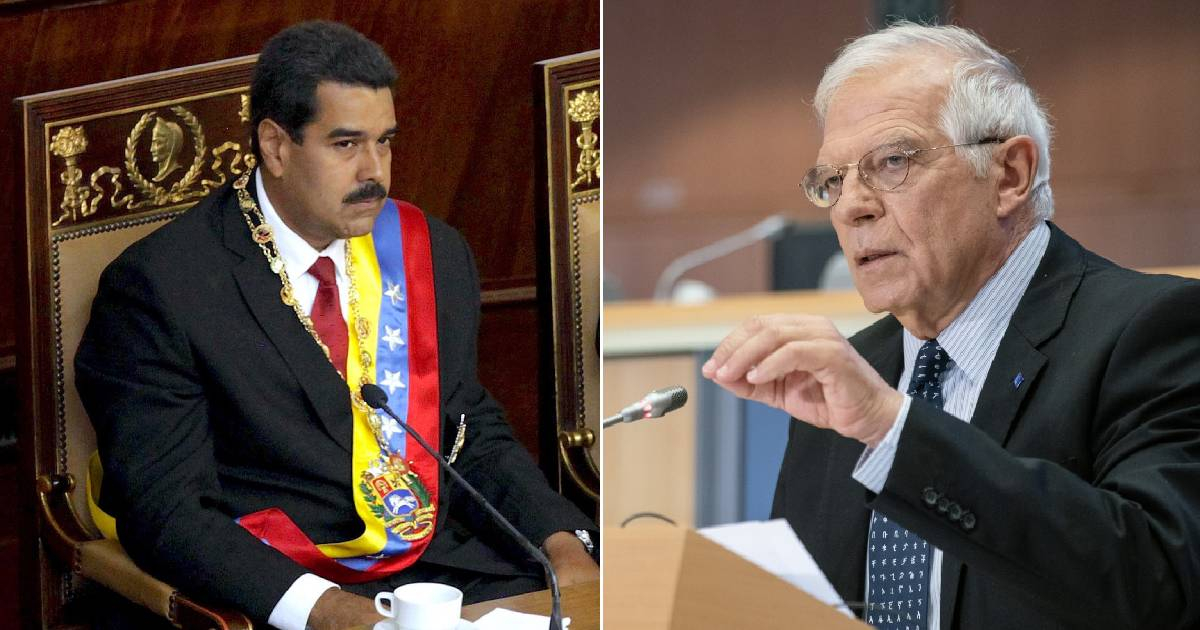The foreign ministers of the European Union (EU) agreed on Thursday not to recognize the electoral victory of Nicolás Maduro in Venezuela, citing irregularities and significant allegations of fraud in the elections. While the ministers could not reach a consensus to acknowledge the opposition's victory, they unanimously agreed that they lack the elements to believe that Maduro won the elections.
"The Council decided that Maduro does not have democratic legitimacy as president. He will remain president de facto, yes, de facto," emphasized Josep Borrell, the EU’s High Representative for Foreign Affairs. "As there are no records and no verification, and we fear there never will be, we cannot accept Maduro's legitimacy as the elected president," he asserted. "We deny democratic legitimacy based on an unverifiable result," he added.
During the informal EU foreign affairs council held in Brussels, Venezuelan opposition leader Edmundo González participated virtually and presented a report on the situation in the South American country. He also expressed gratitude for the invitation from the Twenty-Seven to address the Venezuelan crisis.
Spain, which has played an active role in the discussions, has worked diligently to maintain unity within the European bloc. According to the same sources, this objective "has been achieved," and it has been decided to "intensify dialogue with regional actors, especially with Brazil and Colombia – who also do not recognize Maduro as the elected president – and to do everything possible to preserve the physical integrity and civil and political rights of opposition members."
During the discussions, driven at Spain's request, the Twenty-Seven foreign ministers also explored the possibility of imposing additional sanctions on Venezuela. However, no agreement was reached on this matter, despite the "great concern over the deteriorating political climate and the lack of democratic transparency" in the country, according to EFE.
Key Questions on EU's Stance Towards Venezuela
To better understand the European Union's position and actions regarding Venezuela's recent elections and the legitimacy of Nicolás Maduro, here are some frequently asked questions and their answers.
Why does the European Union not recognize Nicolás Maduro as the legitimate president of Venezuela?
The European Union does not recognize Nicolás Maduro as the legitimate president due to significant irregularities and allegations of fraud in the recent elections, which they believe lack transparency and verification.
What actions has the European Union taken to address the Venezuelan crisis?
The EU has intensified dialogue with regional actors such as Brazil and Colombia and is focused on preserving the physical integrity and civil and political rights of opposition members. They have also discussed the possibility of imposing additional sanctions on Venezuela.
Who participated in the EU's discussions on Venezuela?
The discussions involved the foreign ministers of the EU member states, with significant contributions from Spain. Venezuelan opposition leader Edmundo González also participated virtually, presenting a report on the country's situation.
